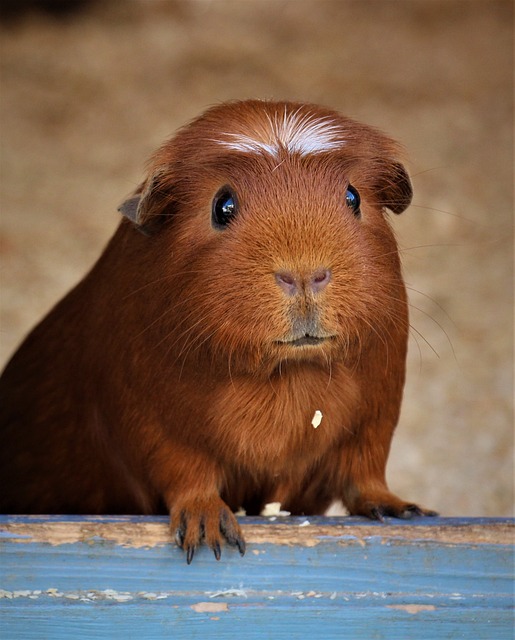This article provides a comprehensive guide on creating a balanced diet for guinea pigs. With proper nutrition, guinea pigs can thrive and live a long, healthy life. In this article, we will cover the key nutrients and foods that are essential for guinea pigs, as well as some common dietary mistakes to avoid.
Guinea pigs are herbivores and their diet should consist mainly of hay, grass, and leafy greens. However, they also require a balanced mix of protein, vitamins, and minerals. A good quality commercial pellet can be used as a base for the diet, but it is essential to introduce variety to ensure that all nutritional needs are met.
Hay should make up about 80% of the guinea pig’s diet, with timothy hay being the preferred choice due to its high fiber content. Fresh grass and leafy greens such as kale, spinach, and collard greens can be fed in moderation to ensure a varied diet.
Fruits can be given in limited amounts, but they should not make up more than 10% of the guinea pig’s diet. Fruits that are high in sugar and low in fiber, such as grapes and raisins, should be avoided altogether.
Protein sources such as mealworms, sunflower seeds, and pumpkin seeds can be used to supplement the guinea pig’s diet. However, it is essential to introduce these foods gradually to prevent digestive upset.
A balanced guinea pig diet also requires access to fresh water at all times. A water bottle or bowl should be placed in each cage to ensure that the guinea pig stays hydrated.
Some common dietary mistakes to avoid include overfeeding, which can lead to obesity and other health problems. It is also essential to avoid giving guinea pigs foods that are toxic to them, such as chocolate, onions, and garlic.
Introducing new foods gradually and in small amounts can help prevent digestive upset. A good rule of thumb is to introduce new foods once a week, starting with small amounts and increasing the quantity over time.
A balanced guinea pig diet requires regular monitoring to ensure that all nutritional needs are met. A guinea pig’s food intake should be adjusted according to its age, size, and activity level. For example, a young guinea pig may require more protein-rich foods than an older guinea pig.
Conclusion:
A balanced diet is essential for maintaining the health and well-being of guinea pigs. By providing a mix of hay, grass, leafy greens, fruits, and protein sources, as well as fresh water, you can ensure that your guinea pig stays healthy and happy. Remember to introduce new foods gradually and avoid common dietary mistakes such as overfeeding and giving toxic foods.
guinea pig diet, balanced diet for guinea pigs, nutrition for guinea pigs, guinea pig care, healthy guinea pigs

